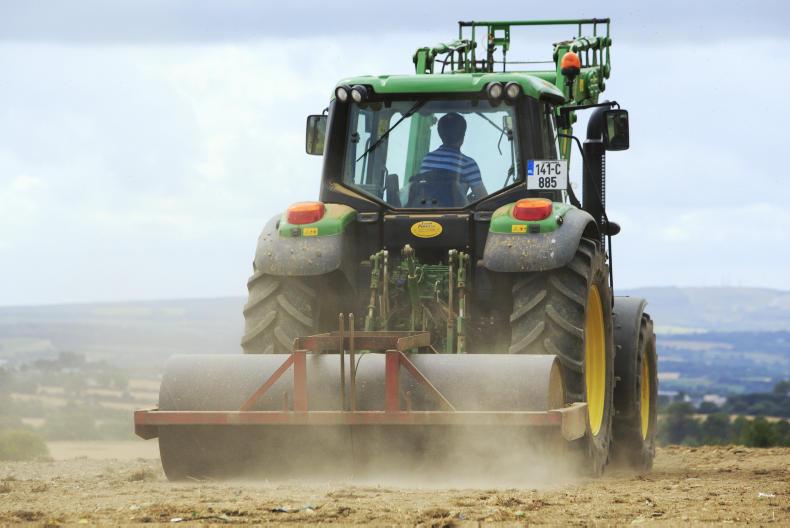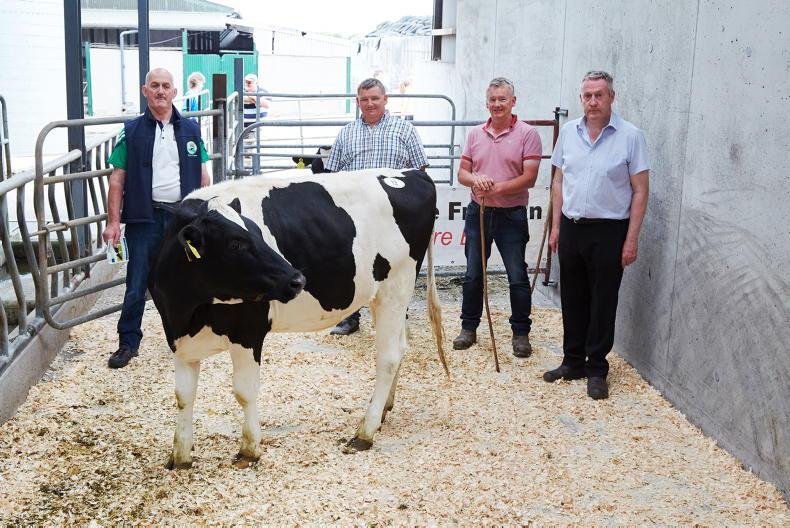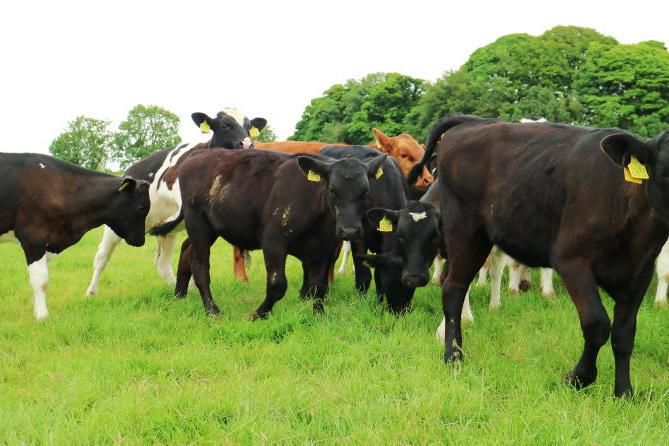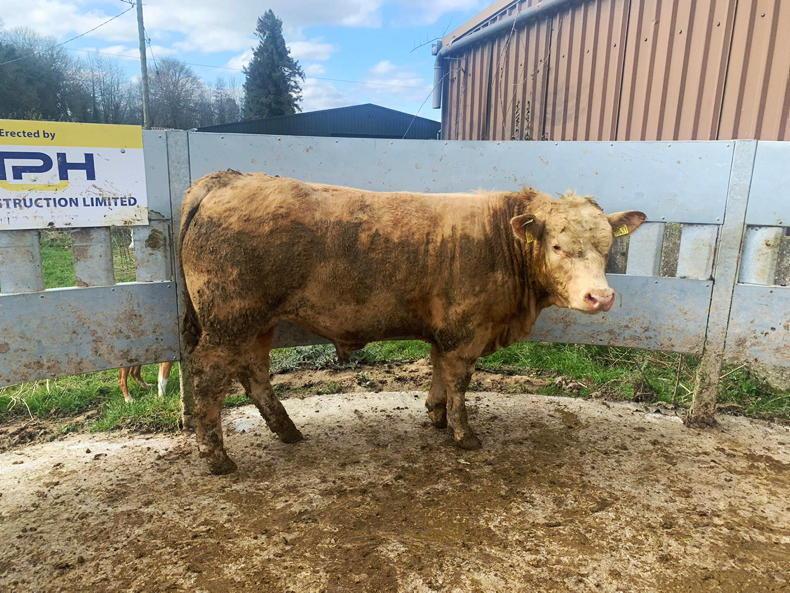Reseeding: At a reseeding event in Roscommon last week, timing was discussed as being critical for its success. Many people choose autumn to reseed as grass demand is lower, so it suits to take fields out of the grazing rotation. It’s important not to leave it too late.
It’s too costly not to get right. If spraying off with glyphosate, the advice is to leave it for three weeks to get a good kill.
Reseeding needs to be completed by the first week in September to give it the greatest chance of success; that means spraying off this week.
On varieties, a 60% tetraploid, 40% diploid mix seems to be the best choice depending on land type.
On difficult land, more diploids will provide better ground cover. Soil fertility is key and having land at the correct pH, along with index 3 status for P and K is very important. Another aspect discussed was the appropriate application of nitrogen in the coming years.
Low fertiliser applications on reseeds will lead to the new grass dying off, which allows old grass and weed grasses to dominate the sward again.
This is especially important on lower stocked farms with low fertiliser requirements. On some of these farms, correcting soil fertility issues may be a better move rather than reseeding.
BEEP: Make sure to register your scales before weighing as part of the BEEP scheme. It’s a relatively straight forward process and can be completed on www.icbf.com. You need to log in to your Herdplus account and follow the on screen instructions.
You need three pieces of information; the make or manufacturer of the scales, the serial number of the scales and the year in which the scales were purchased. If you are renting a scales through a co-op, they will already be registered and this will be recorded through the booking system.
If you are using a borrowed scales, you need to use the original registration number, as the registration number moves with the scales.
To record weights, enter the date of weighing and fill in the weights with their corresponding tag numbers. Weighing scales should be available to rent from participating co-ops and local stores by the end of March.
Calves can be weighed at any age, but to get maximum benefit from analysis, weighing should be carried out around 200 days old to get a good handle on the maternal aspects of the cow. Your weighing report will be available once weights are inputted.
Take a look at what cows are rearing heavy calves vs lighter calves and make a few informed decisions about culling and choosing replacements.
Fertiliser: With more rain forecast, it’s important to get out with fertiliser as early as possible. Teagasc research has shown that 1kg of nitrogen applied to grazing will grow 27kg of grass dry matter.
This reduces by 30% for fertiliser applied in September and 63% for nitrogen applied in October. Earlier application will result in better grass growth and the advice is to spread 1 bag/CAN/acre to help boost autumn grass supply. Consider what paddocks will be closed first in order to get animals out early next spring. On dry farms, paddocks should be closed from 1 October onwards.









SHARING OPTIONS